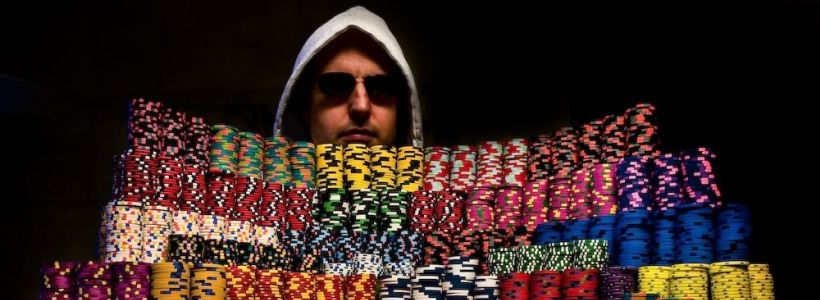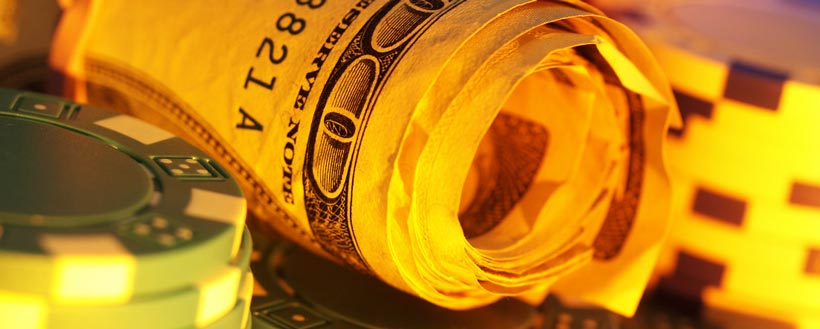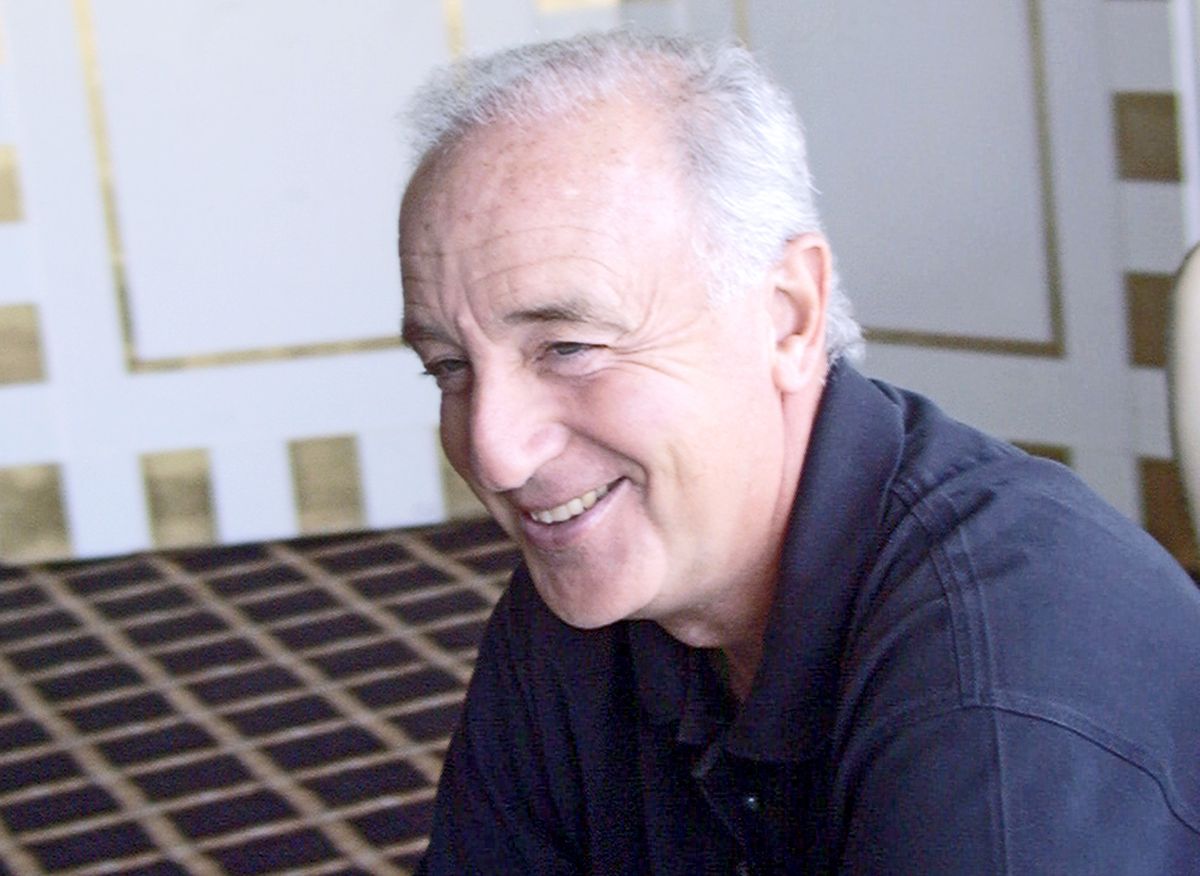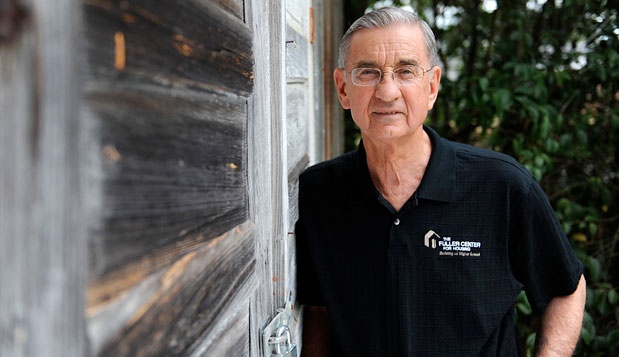
The dichotomy of amateur and professional is as old as poker itself. By its very nature, poker divides players into winners and losers. This is true in every hand, every session, every week, every month and over a player's entire lifetime. The existence of rake makes that divide even more severe. With the ever-shrinking pool of money to be won, the privilege of becoming a poker professional is reserved for a very small percentage of players. That's why proper attitude is of the highest importance.
Many players mistake their proven (or perceived - which is much more often the case) winning track record for attaining the status of poker professional when the reality of the situation is a bit more complicated. Being a poker professional is not some sort of a lifetime achievement award or a checkbox to tick, it's a framework that allows us to achieve things in poker - or any other creative endeavor for that matter. A player with millions of dollars in poker winnings can still act like a total amateur on any given day, while a micro stakes grinder who's still developing his poker skill can do so in a professional manner.
It's Not About The Money
We've already mentioned the fact that becoming a poker professional isn't about the money. Money is the byproduct of going pro. There are plenty of pitfalls associated with being results oriented. Win rates in poker are very hard to quantify and our ego makes the process of quantifying them even more tricky.
We all know this. It doesn't mean that 'money' is some sort of a dirty word when it comes to poker. Ultimately, lifetime winnings are what separates the professionals from the wannabes. However, due to the volatile nature of poker, looking back at one's monetary gains should be framed as a privilege, not as a benchmark.

Resistance
If you've never heard about a book called "The War of Art" by Steven Pressfield, you might want to grab a copy and spend a few evenings with it. It's a great read for anyone involved in a profession that requires a certain degree of creativity and poker certainly qualifies. One of the reasons why writing, painting or playing poker can bring one so much anxiety is the high level of uncertainty associated with these activities. Staring at a blank page with no guarantees about the quality of the words that we're about to fill it with (and about the feedback those words are going to receive) can be absolutely paralyzing. By the same token, firing up a few online poker tables can be insanely stressful given how even the most brilliant play can be 'rewarded' with a plummeting graph if we happen to find ourselves on the wrong side of variance.
This, in turn, leads to procrastination, laziness or - as Steven Pressfield calls it - resistance. Resistance is the force that prevents creative people from doing their work. It's a source of every writer's block and infrequent poker sessions, scattered throughout a very low volume mont. It's the reason why aimlessly browsing YouTube clips becomes so appealing right before we're about to begin our poker session. It's the reason why we fear the downswing well before it hits.

"The Professional"
"Great minds think alike" isn't exactly a statement that needs further reinforcement but the subject of professionalism as a remedy to resistance presents us with a great example of this phenomena. Both Steven Pressfield who's mainly concerned with the world of writing, and Tommy Angelo who's a very prominent poker thinker, present the same solution to the problem of resistance, which is 'turning pro'. For Tommy Angelo, the 'Professional' is an alter ego, a useful tool every poker player can use in moments when tilt or anxiety disrupt our decision-making process. This alter ego is a player whose sole motivation is making money playing poker.
Professional either turns a profit or dies trying and while this might seem like a really depressing proposition in the long-run, it's a great mindset to get into right before you start your poker session. Similarly, Pressfield’s 'turning pro' is recognizing resistance for what it is and acting against it. Professional is someone who knows that you don't wait to get inspired to play poker - you get inspired by playing it every day. Becoming a professional poker player is therefore simply a matter of overcoming the resistance that prevents us from playing poker.
It's easier to act your way into a new way of thinking than think your way into a new way of acting.” - Millard Fuller

So how do you 'turn pro' as a poker player? By winning a battle with resistance every single day. We've already mentioned that even a super successful player with millions of dollars in winnings can still act like an amateur on any given day if he succumbs to resistance. Turning pro is a lifetime commitment. We all know deep down what's good for us and we don't need a stack of self-help books to figure that out. Every time we decide to procrastinate instead of doing what we're supposed to (in this case - playing poker) we get this sinking feeling in our heart. Procrastination, the very thing that was supposed to bring us pleasure, leaves us feeling hollow if done at the expense of our true calling. Professional doesn't procrastinate, he doesn't wait for inspiration and he doesn't allow anxiety to dictate what he's going to do. The professional simply sits behind the desk and starts playing, every single day no matter what.
Lastly, it's important to point out that this approach is accessible to everyone, no matter your situation. You might have a full-time job and only a few hours each week to dedicate to poker.


